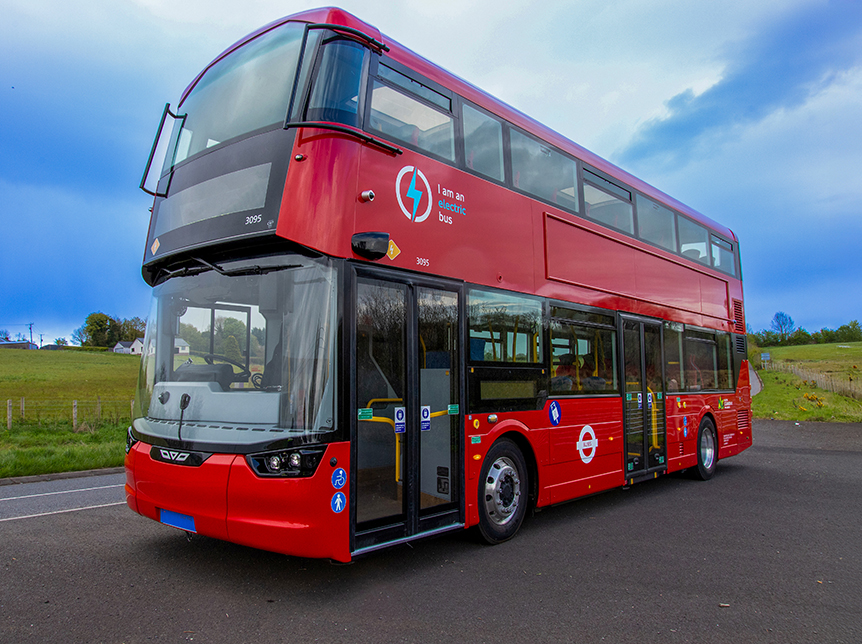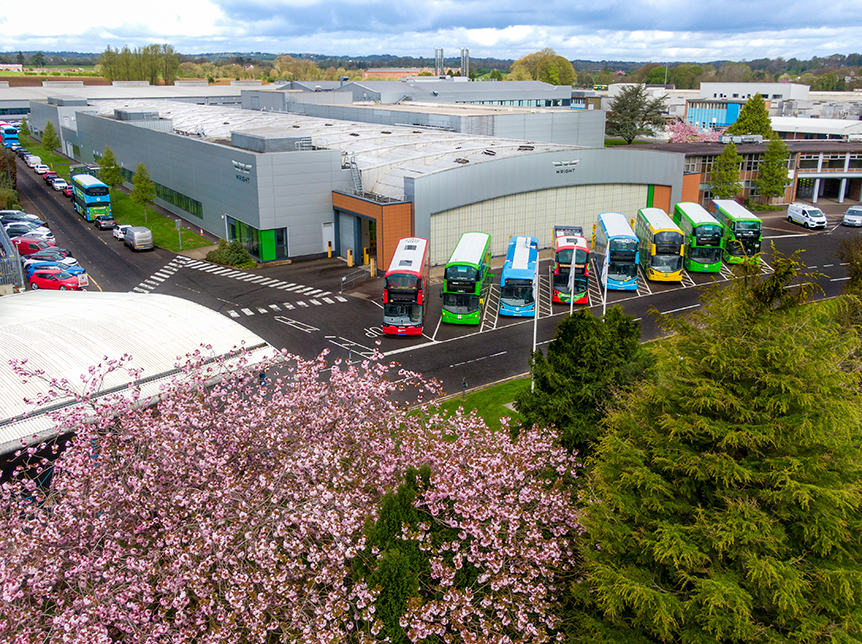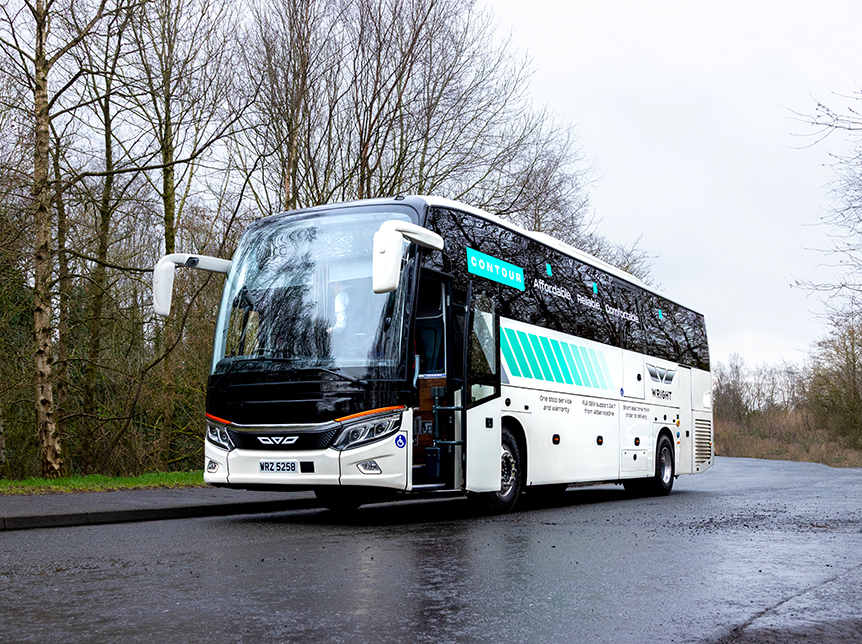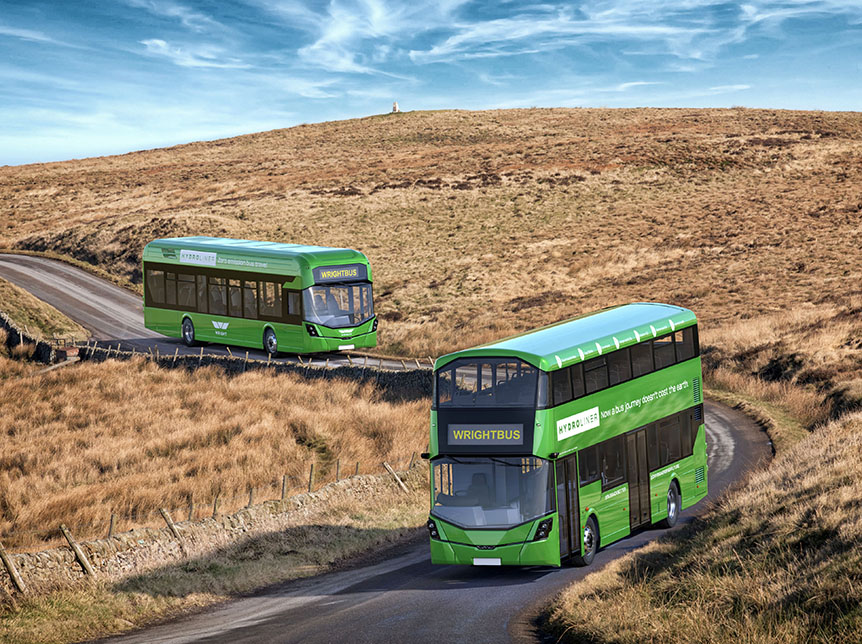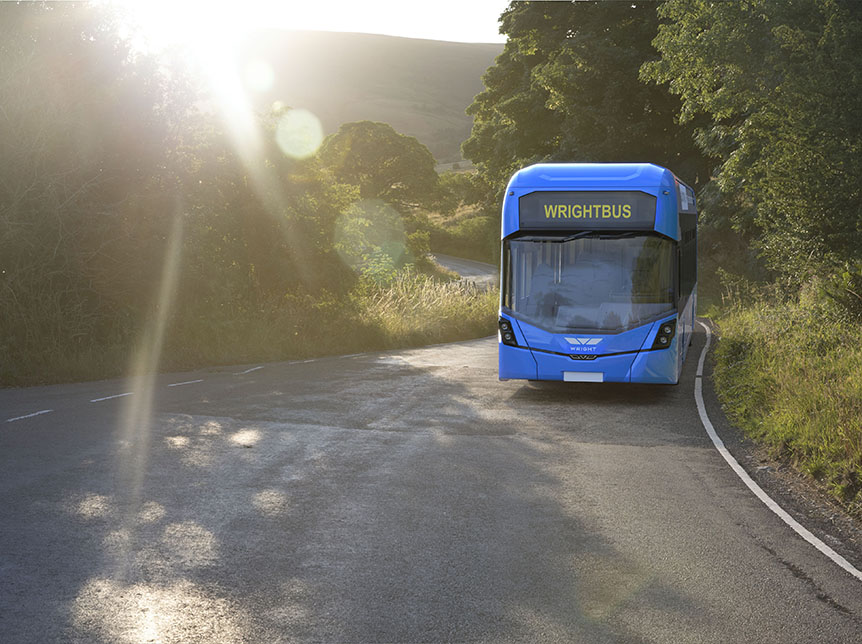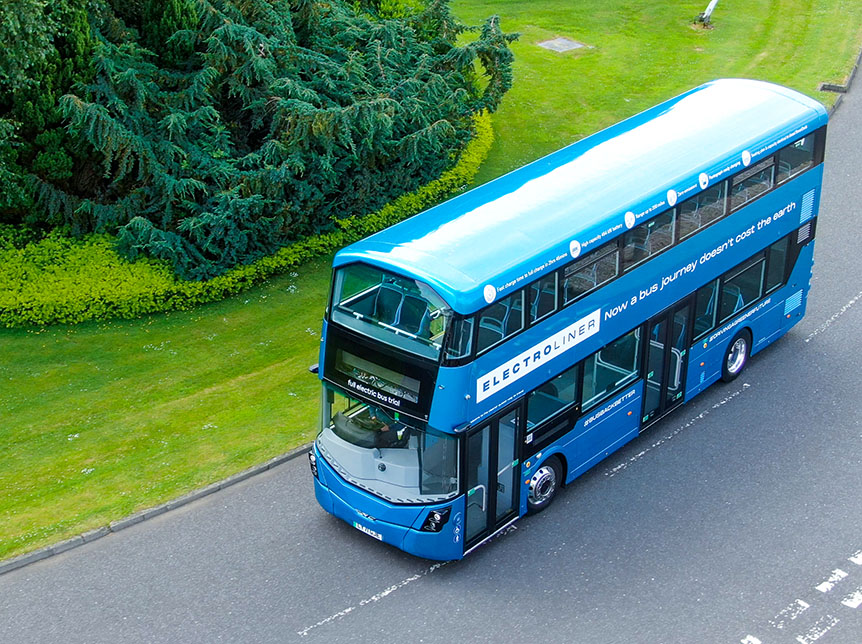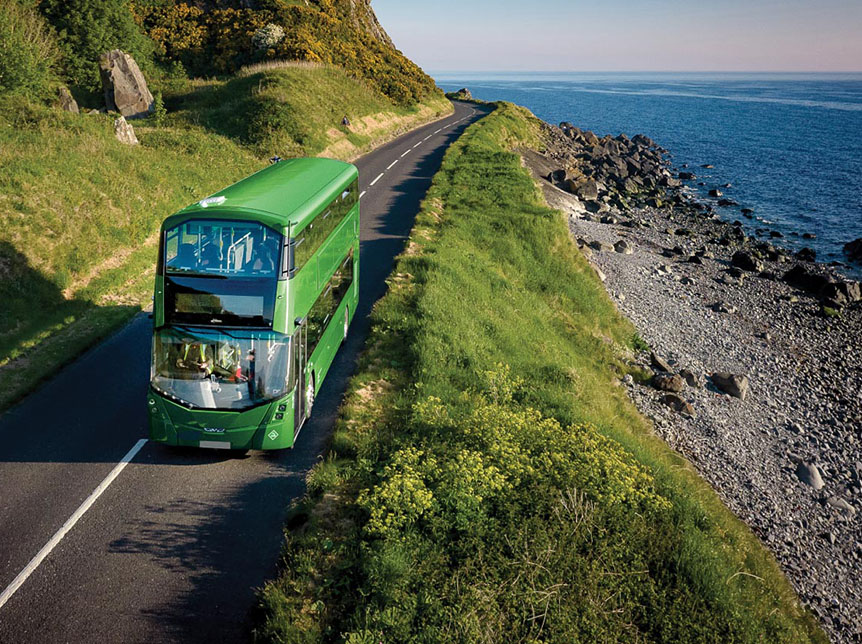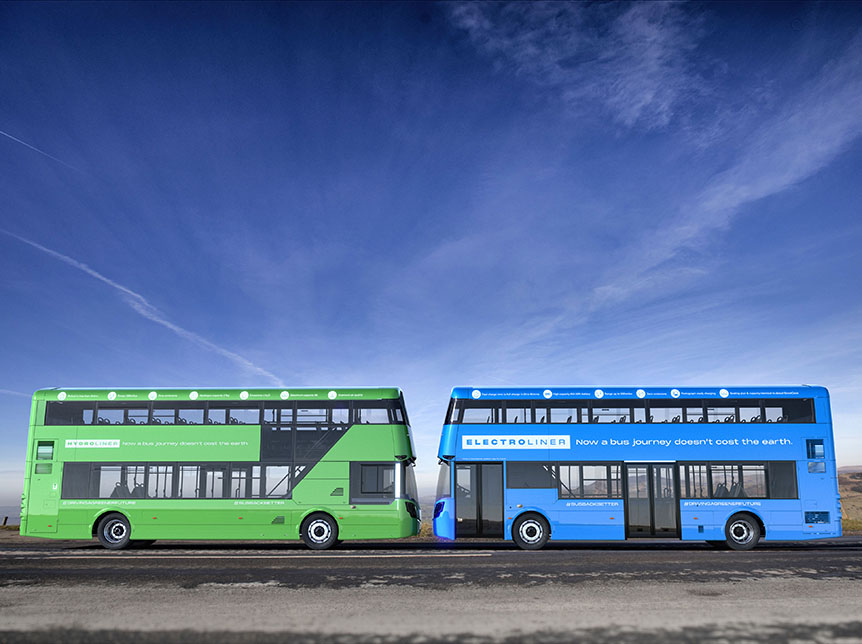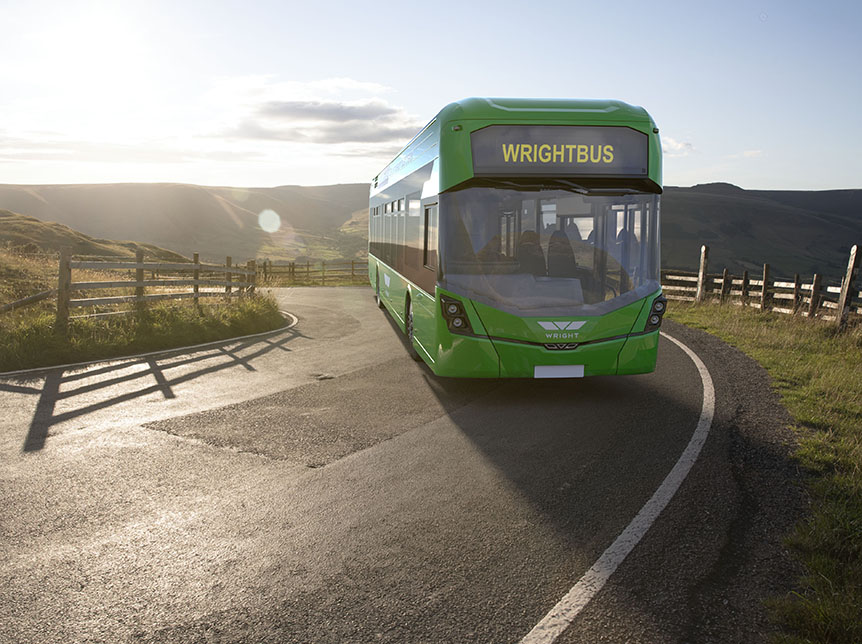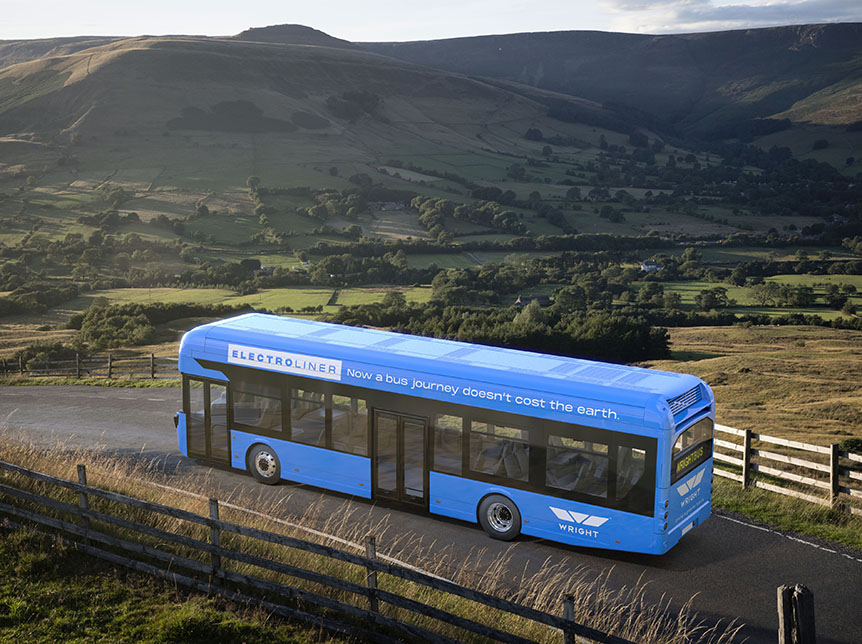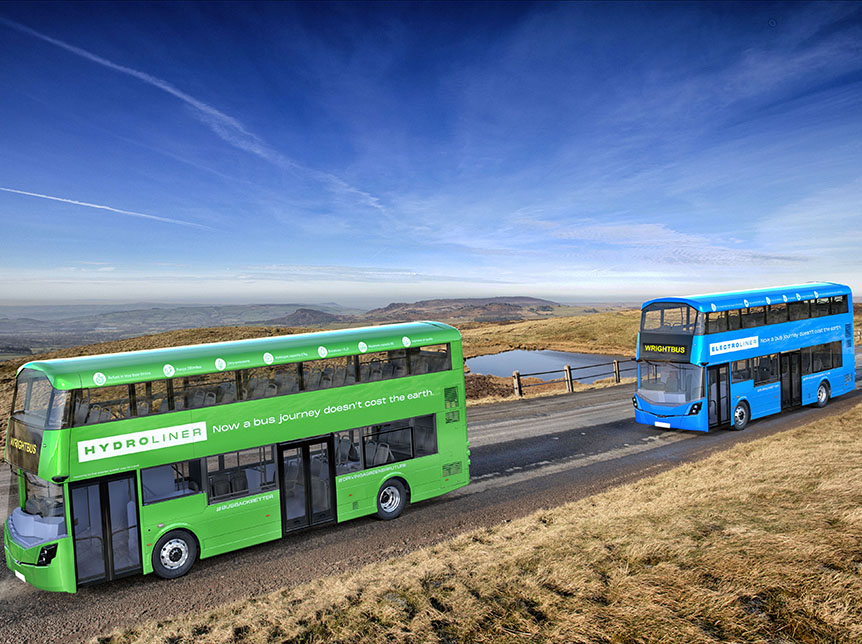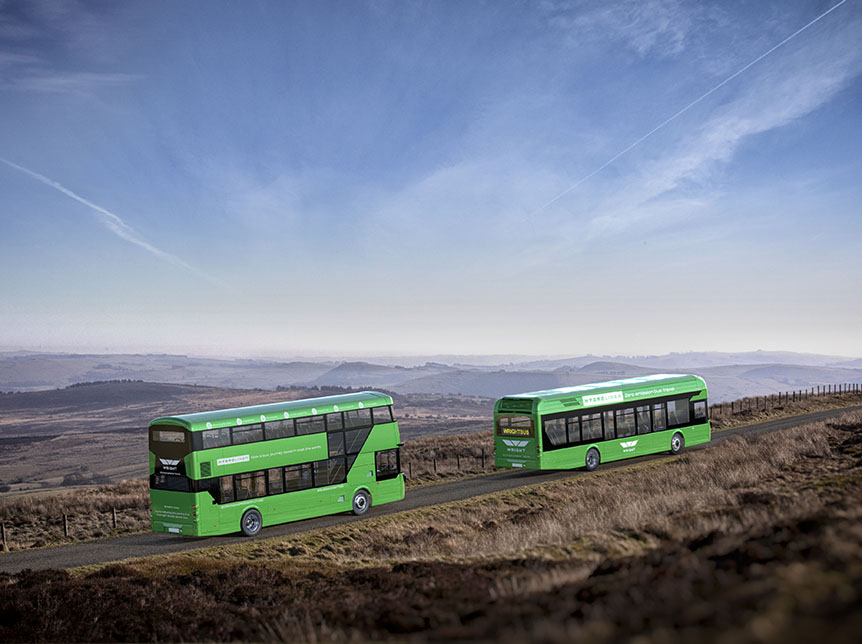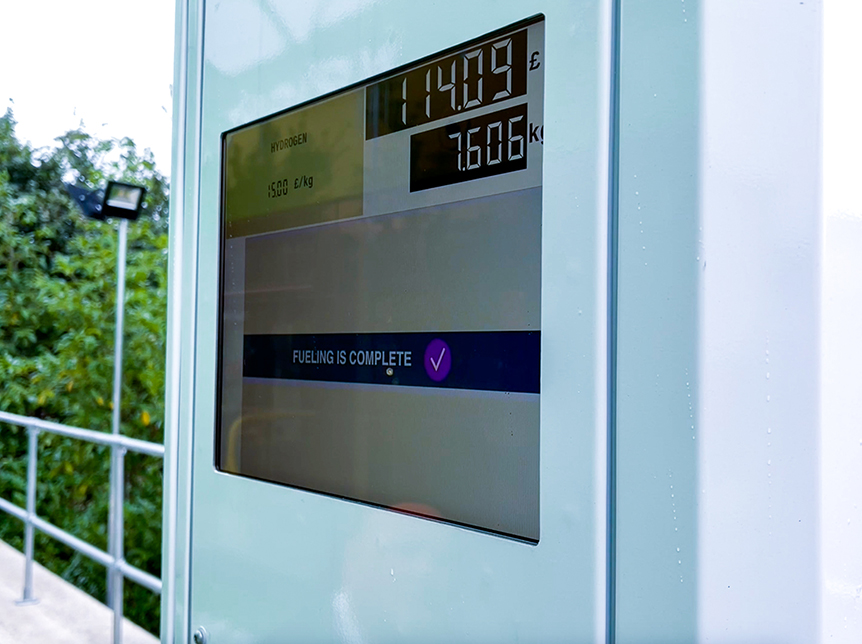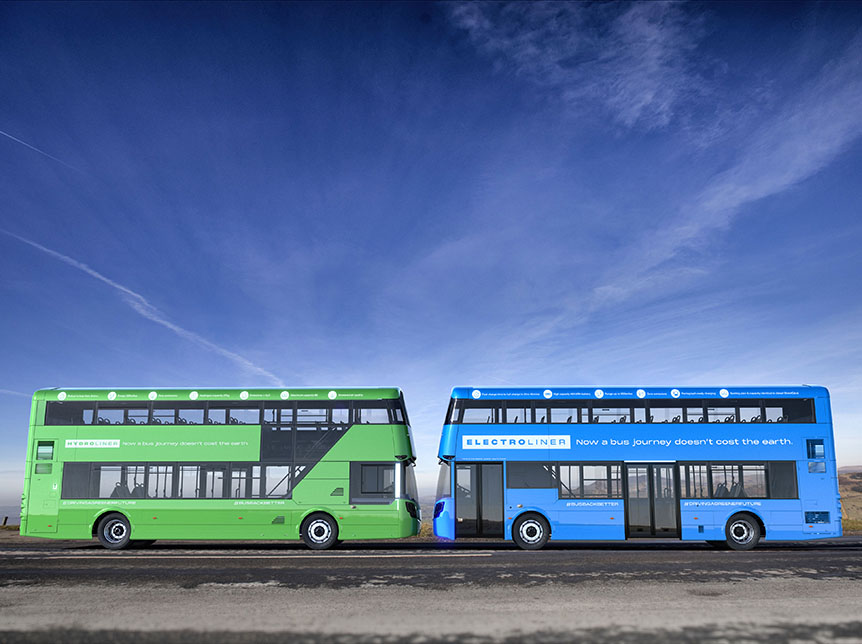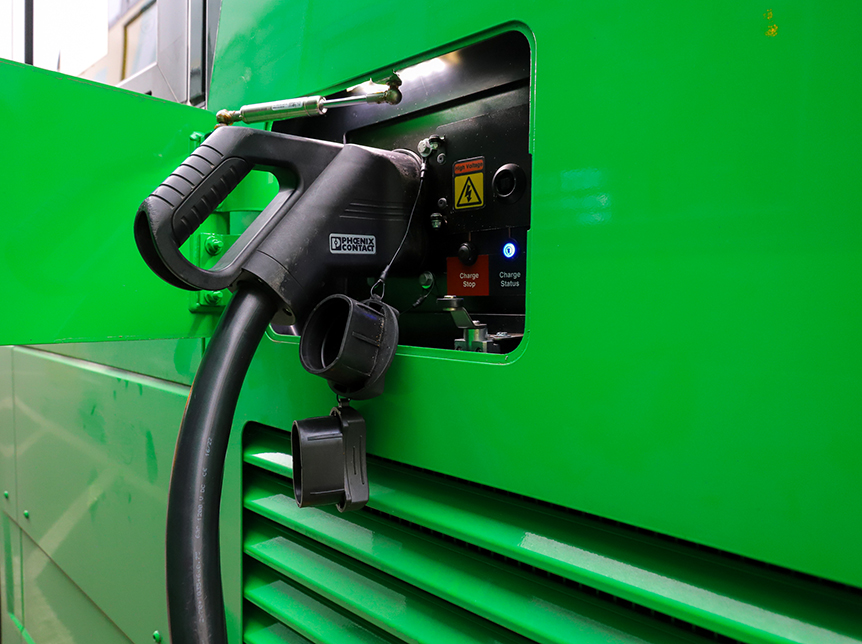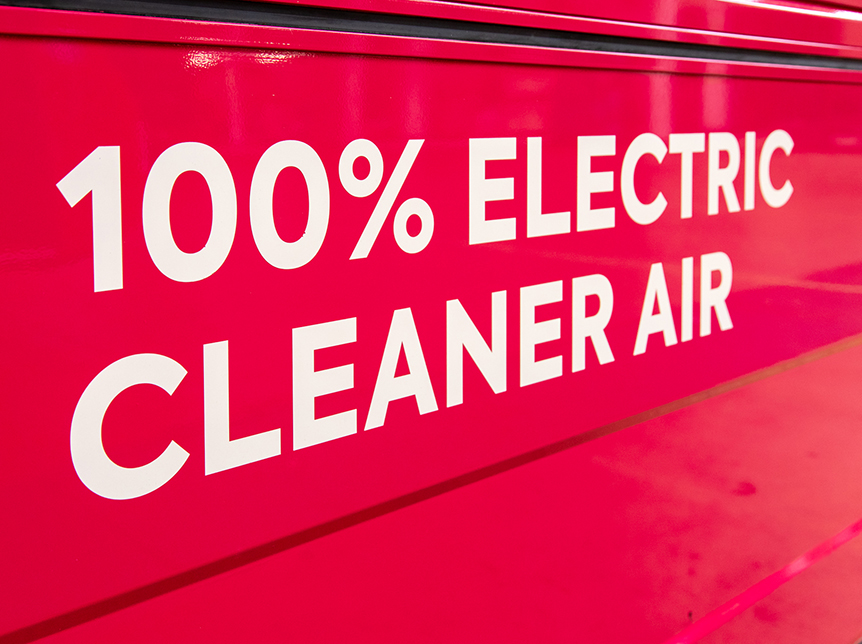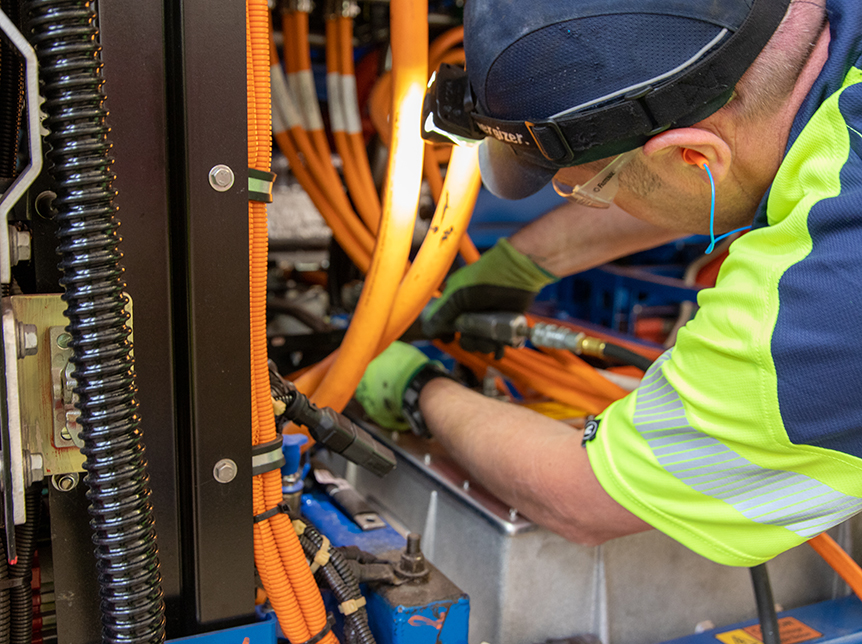
Hybrid electric vehicles (HEVs) have emerged as a popular choice among environmentally conscious consumers seeking to reduce their carbon footprint without compromising on performance and convenience. These vehicles combine an internal combustion engine with an electric motor and battery, offering improved fuel efficiency and lower emissions compared to traditional gasoline-powered vehicles.
One of the key advantages of hybrid electric vehicles is their ability to seamlessly switch between the gasoline engine and electric power, optimizing fuel consumption based on driving conditions. During low-speed city driving or stop-and-go traffic, HEVs can rely primarily on electric power, reducing fuel consumption and emissions. On the other hand, the gasoline engine kicks in during highway driving or when additional power is needed, providing the versatility and range of a conventional vehicle.
HEVs come in various configurations, including parallel hybrids, series hybrids, and plug-in hybrids (PHEVs), each offering unique benefits depending on the driving needs and preferences of the consumer. Parallel hybrids, for example, utilize both the gasoline engine and electric motor to power the vehicle simultaneously, while series hybrids rely primarily on the electric motor with the gasoline engine acting as a generator to recharge the battery.
When it comes to selecting the best hybrid vehicles, several factors come into play, including fuel efficiency, performance, reliability, and overall value. While specific models may vary based on personal preferences and requirements, there are several standout options in the hybrid vehicle market.
Among the top contenders are midsize sedans, compact hatchbacks, and crossover SUVs, all offering a balance of fuel economy, comfort, and technology features. These vehicles typically boast impressive fuel efficiency ratings, spacious interiors, and advanced safety and infotainment systems, making them well-suited for daily commuting and family road trips alike.
In addition to their environmental benefits and fuel savings, hybrid electric vehicles often qualify for government incentives and tax credits aimed at promoting clean transportation, further enhancing their appeal to consumers.
Read more
Single Decker Electric Buses: Paving the Way for Sustainable Public Transport
Read onThe Double Decker Electric Buses: Revolutionizing Urban Transportation
Read onElectric Buses and Hydrogen Vehicles: Driving the Future of Sustainable Transportation
Read onHybrid Buses: The Future of Sustainable Double Decker Transportation
Read onThe Future of Public Transit: Single Decker Buses and Hydrogen Fuel Cell Vehicles
Read onExploring the Future of Transportation: Battery Electric Vehicles and Double Decker Buses
Read onNavigating Urban Landscapes: The Versatility of Single Deck Buses and Double Deck Buses
Read onLondon's Bendy Bus Legacy and the Innovation of London Electric Vehicle Company
Read onPioneering Zero-Emission Transport: The Rise of Electric Bus Companies in the UK
Read onEmbracing Tomorrow's Roads: Zero-Emission vs. Battery Electric Vehicles
Read onThe Perfect Blend: Exploring Hybrid Electric Vehicles and the Role of Coach Builders
Read on
Get in touch
Wrightbus has been at the forefront of transport innovation since 1946, relentlessly pushing the boundaries with its commitment to quality, style and safety.

